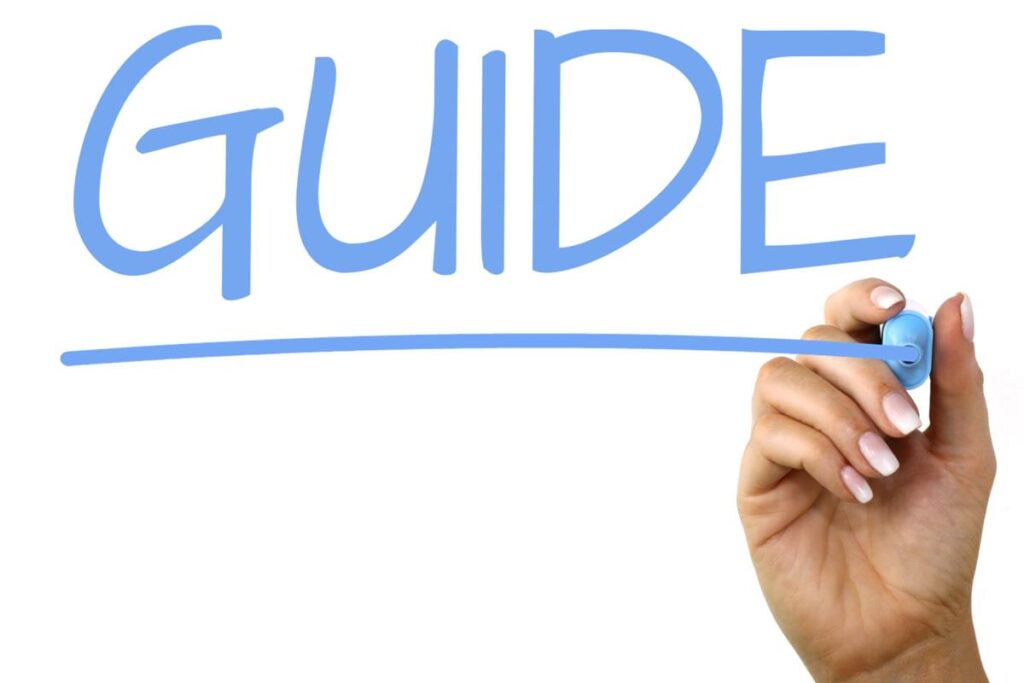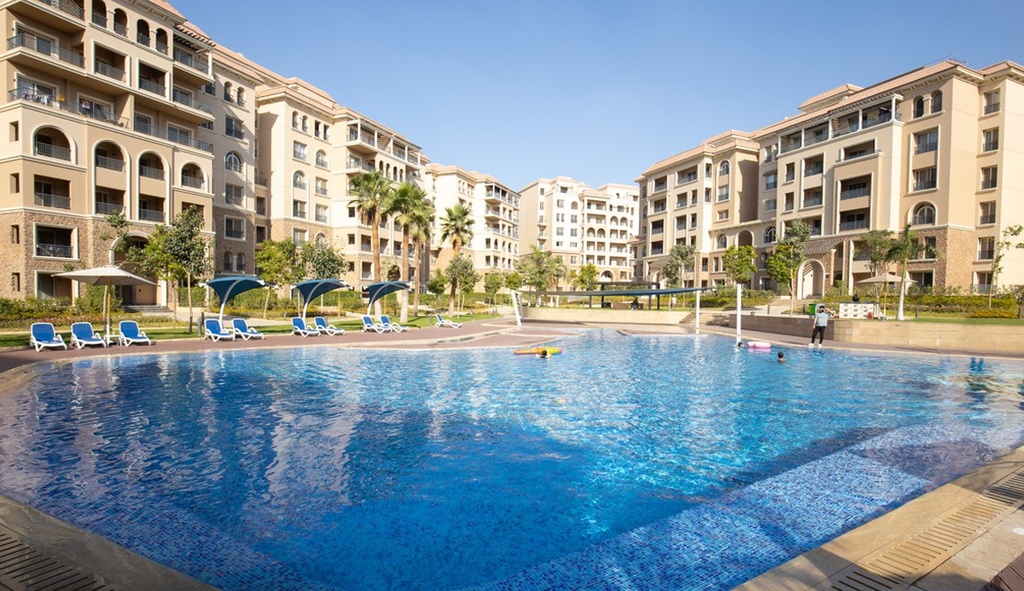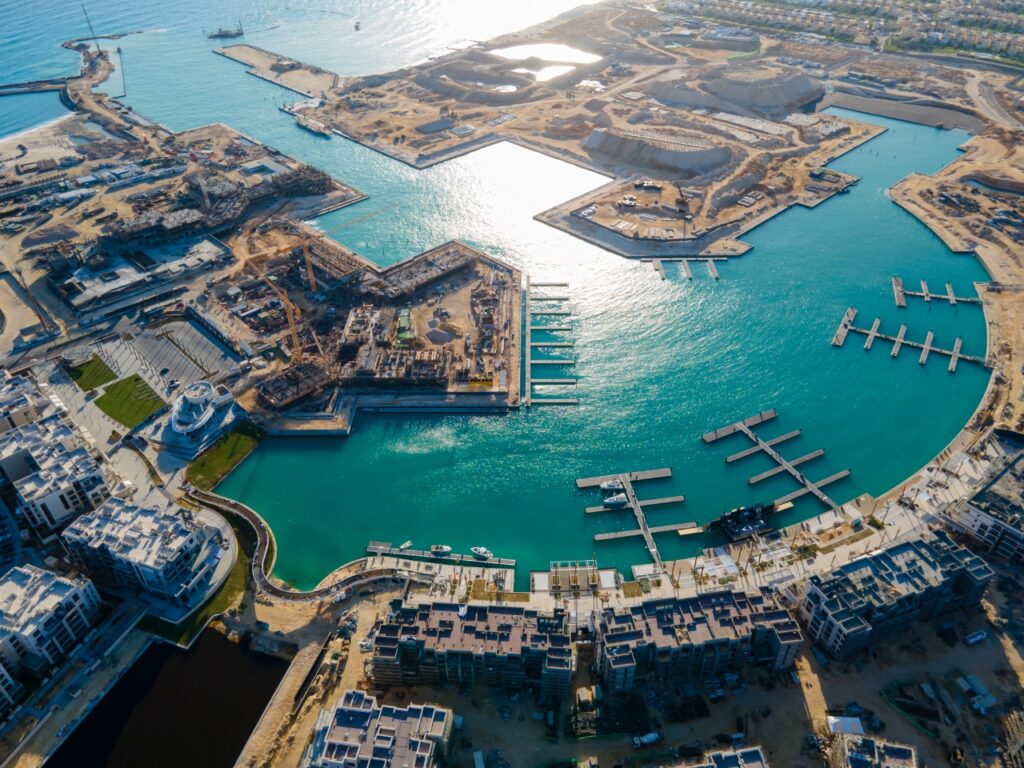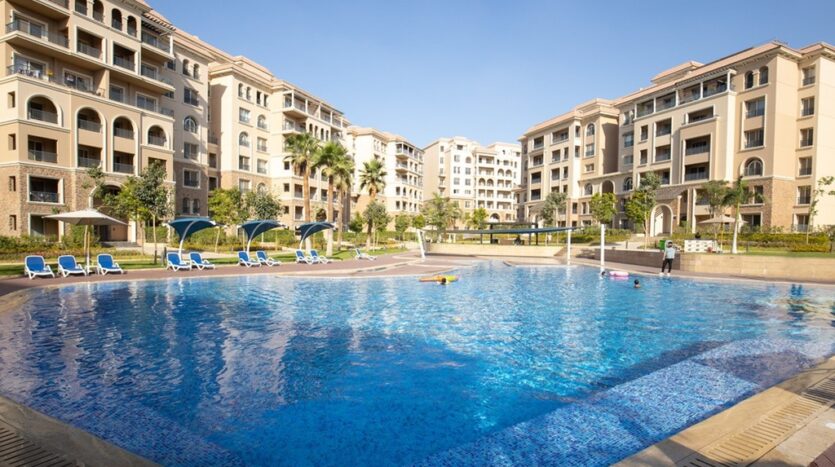Your Guide to Buying Property in Egypt as a Foreigner

With its sun-drenched coastlines, affordable prices, and rising rental yields, Egypt is fast becoming a hotspot for foreign property buyers. Whether you’re drawn to the calm waters of the Red Sea or the gated compounds of New Cairo, owning real estate in Egypt is not only possible — it’s surprisingly straightforward.
This guide explains how to buy property in Egypt as a foreigner, outlines key legal steps, and answers the most common questions about Egypt’s real estate law in 2025.
Can Foreigners Buy Property in Egypt?
Yes, foreigners are allowed to own property in Egypt.
Egyptian law permits non-citizens to purchase real estate, either as individuals or through registered companies, with full ownership rights in many locations.
Key Ownership Options:
- Freehold ownership is available in most urban and resort areas. This means the property and land are fully owned by the buyer.
- Leasehold arrangements (often 99 years) may apply in some sensitive zones or cases of corporate developments.
Legal Restrictions:
- A foreign individual may own up to two residential properties in Egypt, each not exceeding 4,000 square meters.
- Foreigners may not own property in certain military or protected zones (rarely an issue for residential projects in cities or beach areas).
- Commercial use requires special licensing.

Legal Process of Buying Property in Egypt
The purchase process for foreign buyers typically follows these 5 stages:

Step 1: Property Reservation and Down Payment
After selecting your unit, you’ll sign a reservation agreement and pay a small deposit (usually 5–10%) to take it off the market.
Step 2: Legal Due Diligence
Your lawyer will:
- Verify that the seller or developer has a clear legal title
- Confirm that the project is licensed
- Ensure the land is registered and free of encumbrances
Step 3: Preliminary Contract (Sales Agreement)
Once due diligence is complete:
- A sale and purchase agreement (SPA) is drafted in Arabic (with English/Russian/German translation if needed)
- Both parties sign before a notary or private lawyer
- Installment payment terms are confirmed here
Step 4: Title Deed Registration
Upon full payment (or completion of the payment plan), the buyer:
- Registers the property with the Real Estate Publicity Department (REPD)
- Receives a green contract (freehold title deed) or official registration paper
This step ensures legal protection and future resale rights.
Step 5: Handover or Delivery
- If buying off-plan, you’ll receive keys after construction is complete.
- If buying resale or ready-to-move units, you can take possession immediately after paperwork and payments are finalized.
Key Documents You’ll Need
Foreigners buying property in Egypt typically need:
- A valid passport
- A recent utility bill or proof of address
- A translated sales contract
- A power of attorney if authorizing a local lawyer or agent
- Bank documentation for international transfers (if required)
Documents are usually handled by a licensed real estate lawyer to ensure compliance with Egyptian property law.
Costs & Fees for Foreign Buyers
Understanding the full cost of your investment is essential. Here are the typical expenses:
| Fee | Estimated Cost |
|---|---|
| Legal fees | 1%–2% of property value |
| Title deed registration | 1%–3% depending on region/project |
| Notary/public registration | Varies – often included with legal fees |
| Maintenance & service charges | EGP 7,000–12,000/year (varies by unit) |
| Furniture packages (optional) | EGP 150,000–400,000 depending on size |
| Currency transfer or bank fees | Based on international transfer method |
Egypt has no annual property tax for most foreign-owned residential properties.

Common Questions About Egypt Real Estate Law
Can foreigners inherit property in Egypt?
Yes. Foreign-owned property can be legally inherited, passed down to children or beneficiaries, and included in wills.
Is resale allowed for foreigners?
Yes. Once registered, you can sell or transfer your property like any Egyptian national. Some off-plan contracts may include resale conditions during the payment plan.
Can I get residency through property ownership?
Yes. Foreigners who own registered property in Egypt can apply for renewable residency permits, often valid for 1 or 5 years depending on property value.
Do I need an Egyptian bank account to buy?
Not necessarily. Most developers accept international transfers or payments via certified legal offices. Opening a local bank account may be beneficial for ongoing fees or utilities.
Best Areas in Egypt for Foreign Buyers
Here are some of the most popular regions with foreign-friendly developments:
Hurghada
- Affordable beach apartments
- Private beaches and diving clubs
- Large expat community
- Excellent rental potential

Sahl Hasheesh
- Gated luxury resorts
- High-end villas and apartments
- Ideal for long-term lifestyle buyers

El Gouna
- Eco-friendly, master-planned town
- Marina, golf, schools, and nightlife
- Popular among Europeans and digital nomads

New Cairo
- Premium villas and apartments
- Close to embassies, schools, and malls
- Higher price point, ideal for urban investors

North Coast (Sahel)
- Popular summer destination for GCC buyers
- Beachfront compounds and luxury chalets
- Ideal for seasonal use

Need Help Buying Property in Egypt?
Whether you’re a first-time buyer or seasoned investor, working with a bilingual legal expert and trusted real estate advisor can help you navigate every step confidently.
We offer:
- Legal reviews and contract translation
- Property selection support across Egypt
- Remote buying and power of attorney services
- Downloadable buyer checklists and due diligence guides












